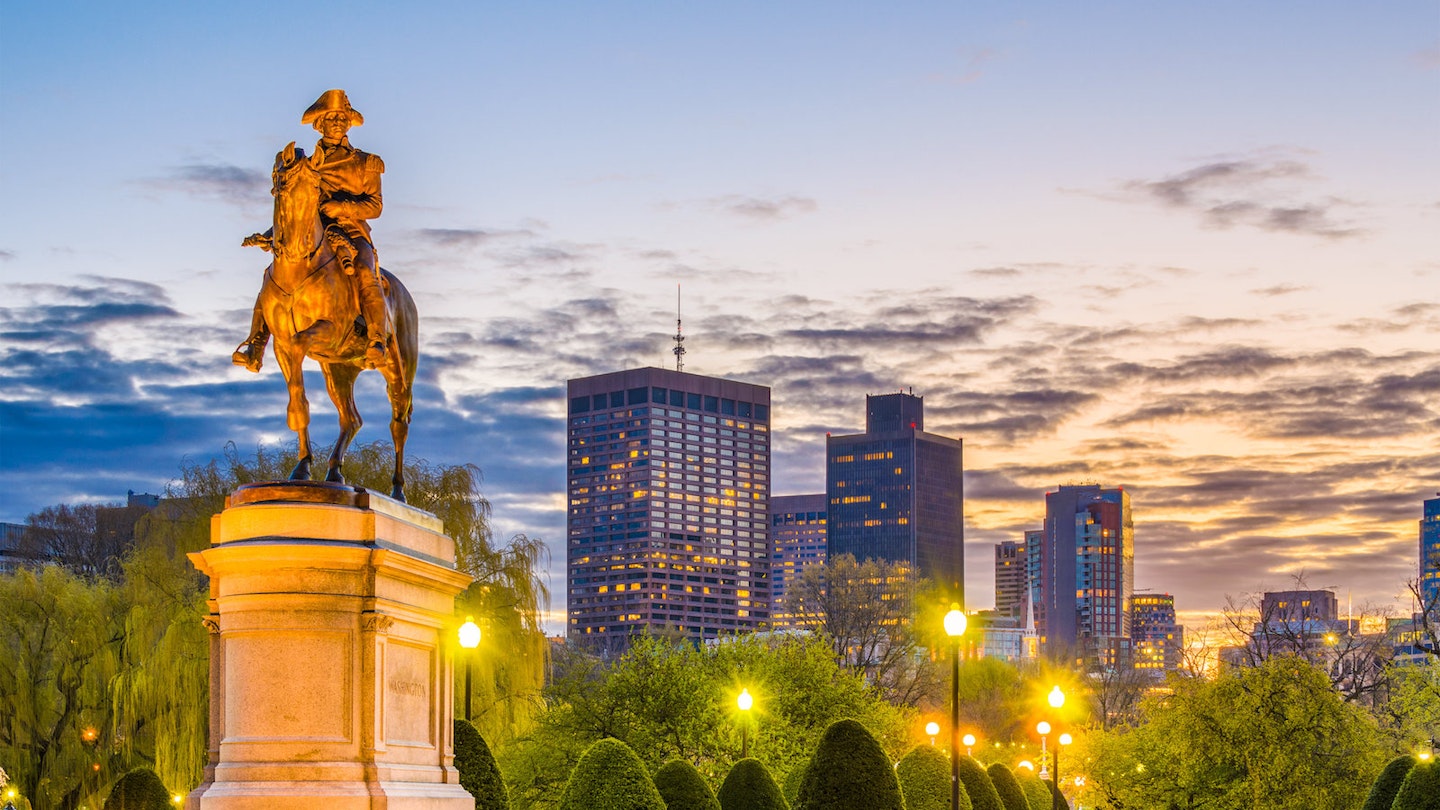Experience Boston: A City of Innovation and Learning
From the country’s first university to the movement for independence, Boston has long been a city of innovation and learning, revolution and change. Today, the local education institutions and technology providers energize the city with ideas that propel it forward.
Scholarly Sights
Boston’s love affair with learning began in 1636, when Harvard University was founded. The university’s nearly four centuries of intellectual pursuit is on display around its campus, from the exquisite glass flowers at the Museum of Natural History to the archaeological finds at the Peabody Museum of Archaeology & Ethnography. The lesser-known Collection of Historical Scientific Instruments showcases tools that facilitated remarkable scholarly progress.
In the 21st century, Harvard has declared its campus a ‘living laboratory’ aimed at developing and testing strategies to improve health and combat climate change. One outcome of these initiatives is the Smith Campus Center. Behind its recently renovated Brutalist façade lies a space filled with light, where hydroponic walls flourish with 19 species of indigenous greenery. The building promotes wellness, community, and sustainability, encouraging activities like studying, socializing, and hosting performances.
Across town, the Massachusetts Institute of Technology is acclaimed for its innovations—encompassing not only science but also art, architecture, and design. Discover exceptional works at the MIT Museum; however, the entire campus serves as a showcase for creative inquiry. The grounds feature striking Modernist architecture, including the mid-century modern MIT Chapel and the Kresge Auditorium designed by Eero Saarinen. More recent structures like the Stata Center by Frank Gehry present his signature whimsical style. The campus also showcases stunning public art from notable artists like Alexander Calder and Pablo Picasso, thanks to a progressive percent-for-art program that mandates inclusion of public art in all new construction budgets.
Urban Design
Boston’s visionary approach to urban design dates back to 1634 with the establishment of Boston Common, the first public park in the country. This park was open for recreation, celebrations, and even grazing cows. Below the Common runs the nation’s oldest subway line—an early effort to reduce congestion in the city center.
More recently, bold ideas led to the creation of the Rose Kennedy Greenway, a vibrant urban green space that replaced a once-hulking elevated highway. This winding pathway connects the city to the seafront with beautiful fountains, gardens, and markets. Numerous whimsical art exhibits punctuate the Greenway, ranging from massive murals to floating sculptures.
Across the Fort Point Channel lies the Seaport District, once filled with parking lots and fishing docks. In 2010, it was designated an Innovation District—the country’s first of its kind—to attract investments and foster new ideas. Today, this bustling neighborhood abounds with workers, residents, and visitors engaging with innovative companies, co-working spaces, restaurants, and coffee shops. The district is home to the notable Institute for Contemporary Art.
Appetite for Innovation
In recent years, dining in Boston has evolved into an experimental frontier for new ingredients and culinary technology. Four ambitious MIT graduates have collaborated with a Michelin-starred chef to create Spyce, a restaurant where all food is prepared by robots. Additionally, a former Harvard professor has opened ArtScience, a café and culture lab aimed at exploring the intersection of food, science, and art. Nearby, Tasting Counter offers an all-inclusive dining experience encompassing a nine-course meal that melds local ingredients with global culinary techniques.
Historically, Boston’s most notable contribution has been its pivotal role in the movement for US independence. The Sons of Liberty initiated revolution in this very city—a narrative chronicled along the city’s Freedom Trail and at the Boston Tea Party Ships & Museum. Furthermore, British soldiers marched from here to Lexington and Concord, where they confronted the colonial Minute Men in the initial battles of the conflict.
However, this revolutionary spirit is not confined to history. Boston consistently fosters change that resonates beyond ‘the Hub’ and impacts the entire country and the world. In fields such as education, urban planning, and gastronomy, Boston remains on the cutting edge, paving the way for the future.
Produced by iBestTravel for Ford Motor Company. All editorial views reflect the policy of editorial independence and impartiality.




